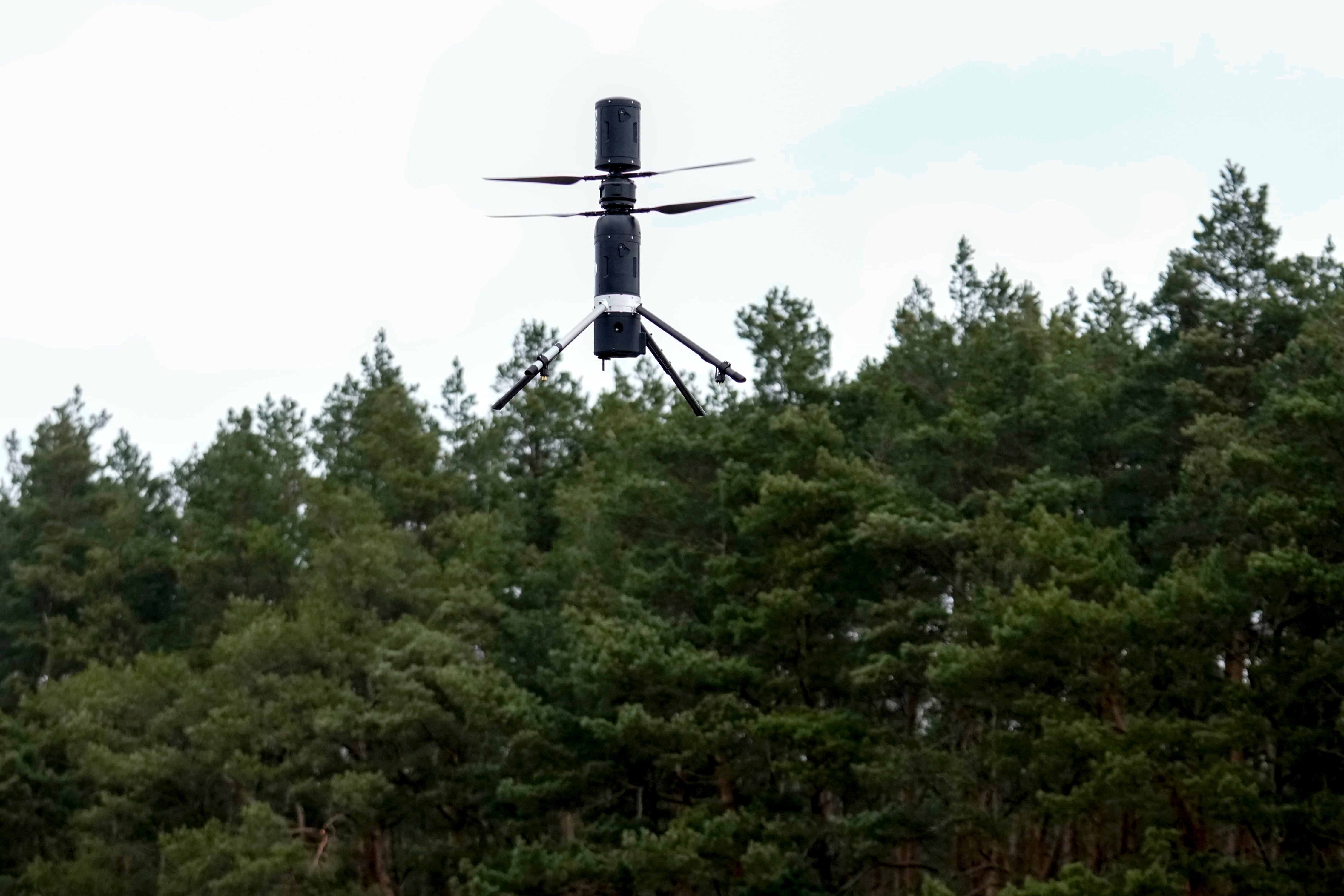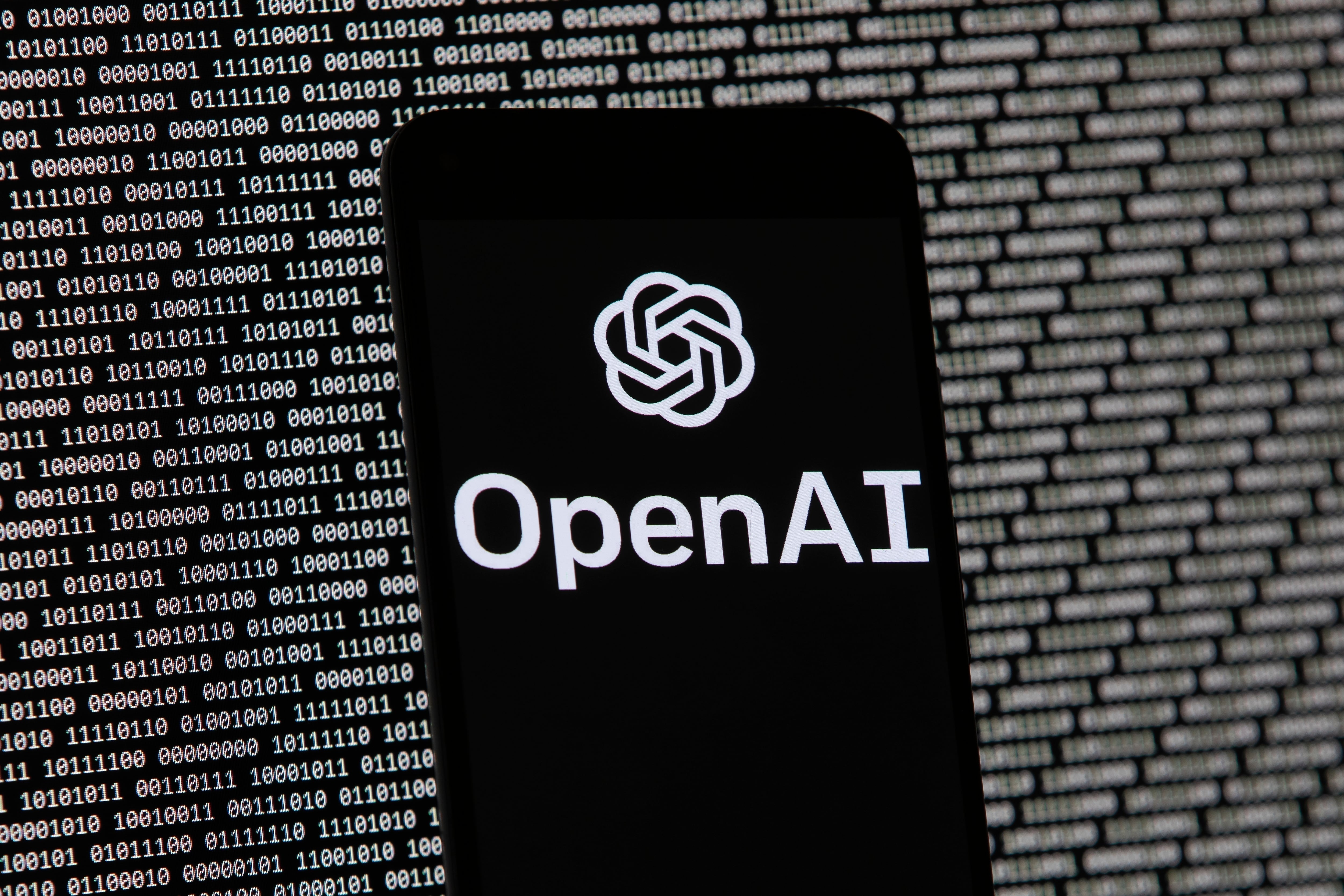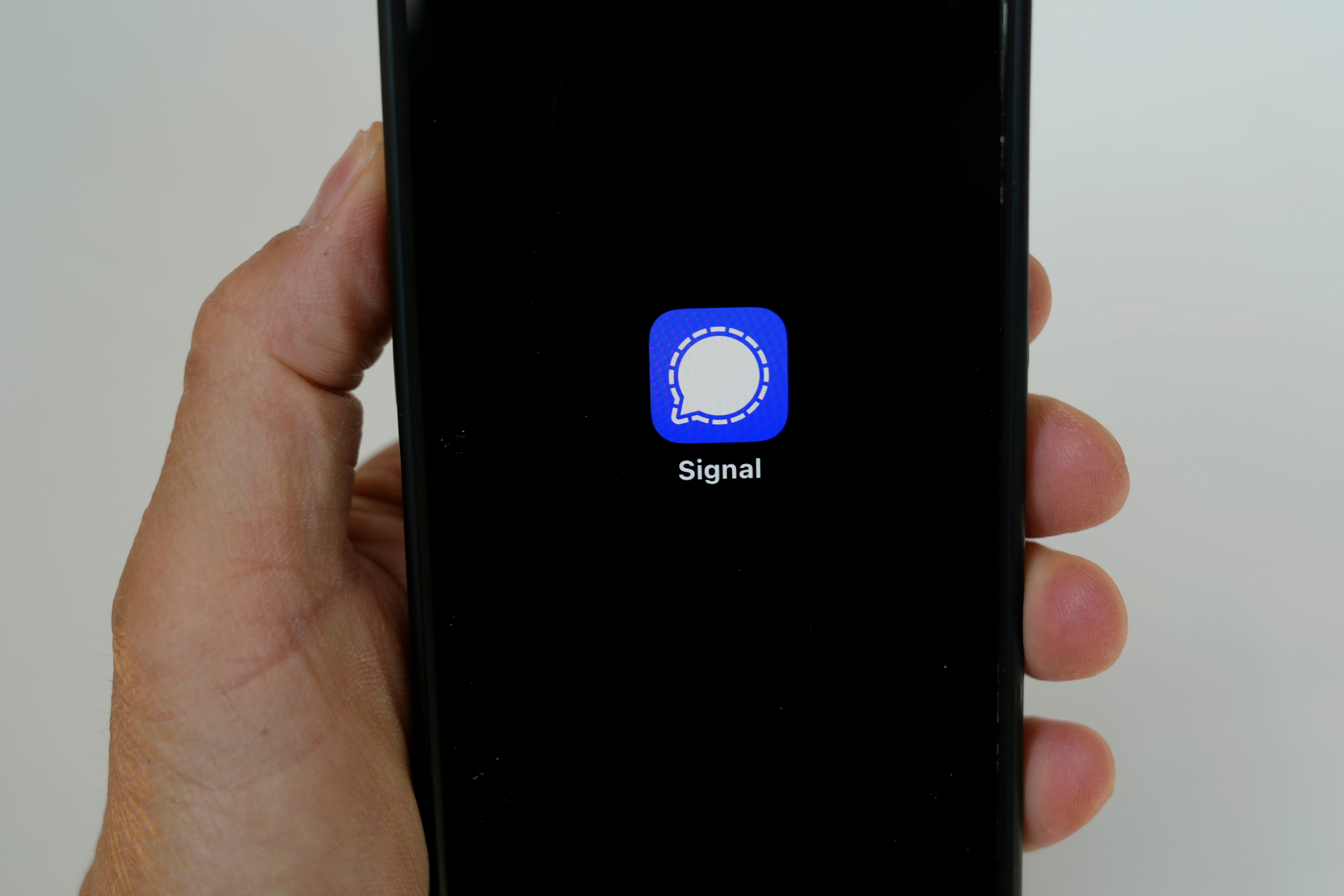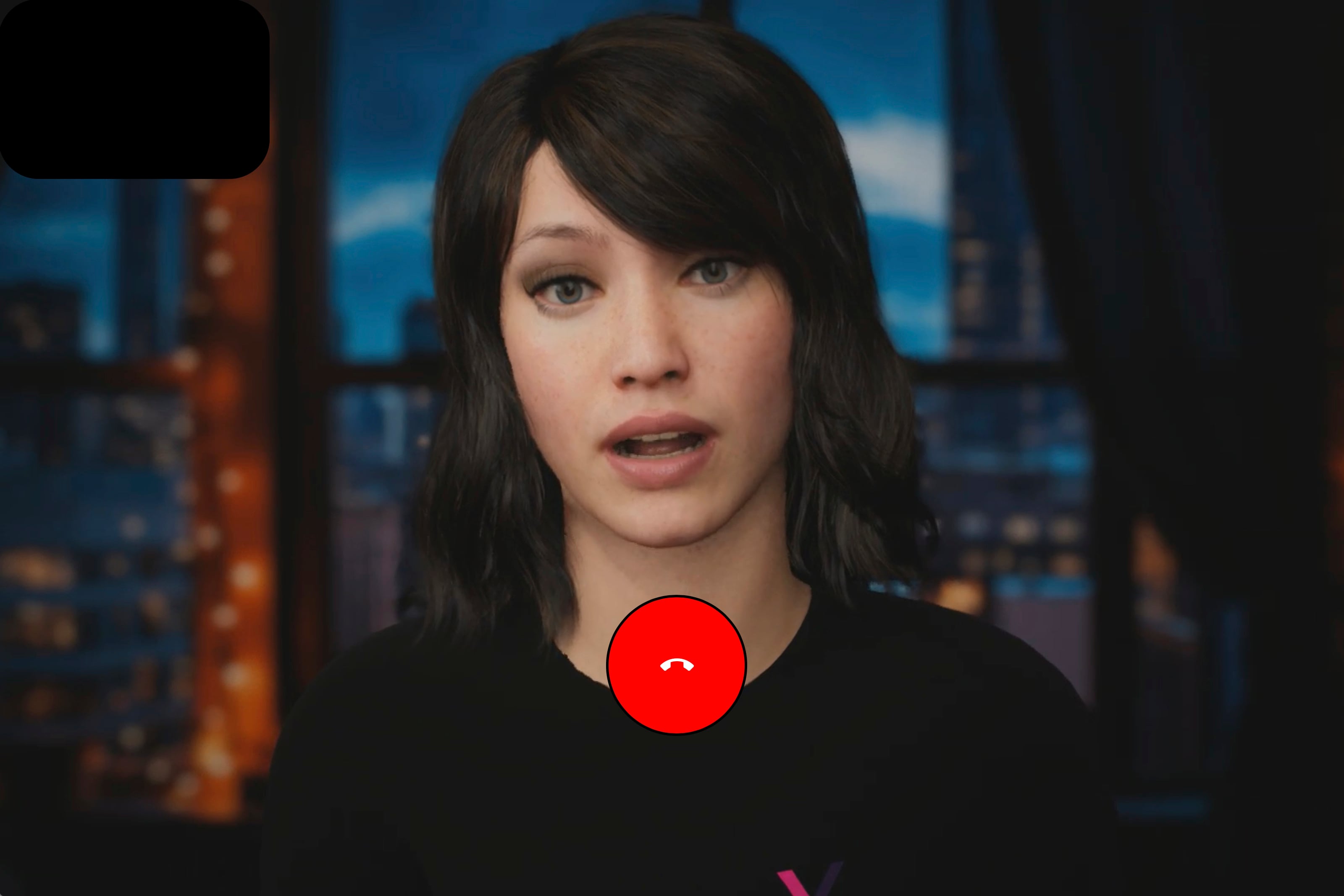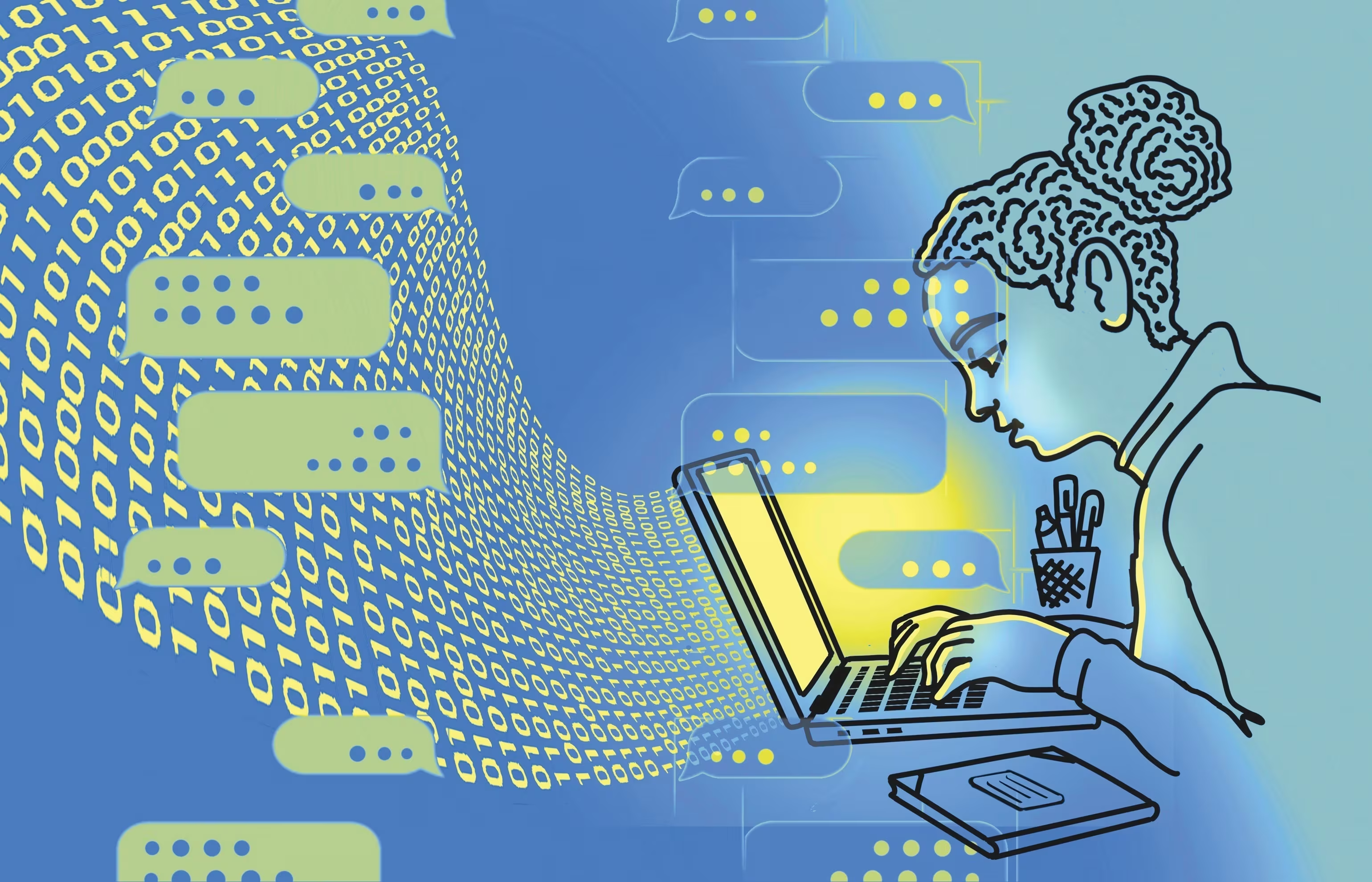Mobile charging stations have cropped up across urban centers and in high-traffic locations in recent years, a convenient resource for reviving dying phone batteries, but the FBI is issuing a new warning against using the hubs.
The agency cited "bad actors" looking to prey on unsuspecting targets by compromising USB ports on the charging hubs to infect plugged-in devices with malware and monitoring software.
"Carry your own charger and USB cord and use an electrical outlet instead," the FBI said in a tweet.
The agency's warning isn't the first issued to the general public about the potential hazards of public charging stations. In 2021, the FCC issued a "juice jacking" warning as one of the newest cyber-theft tactics.
"Cybersecurity experts have warned that criminals can load malware onto public USB charging stations to maliciously access electronic devices while they are being charged. Malware installed through a dirty USB port can lock a device or export personal data and passwords directly to the perpetrator," the FCC said at the time.
Microsoft founder Bill Gates still fondly remembers the catalytic computer code he wrote 50 years ago that opened up a new frontier in technology.
A company that specializes in early wildfire detection has developed a new, AI-based drone.
The trend highlighted ethical concerns about artificial intelligence tools trained on copyrighted creative works.
The charismatic founder of a startup company that claimed to be revolutionizing the way college students apply for financial aid, was convicted on Friday.
A federal judge has ruled that The New York Times and other newspapers can proceed with a copyright lawsuit against OpenAI and Microsoft.
A magazine journalist’s account of being added to a group chat of U.S. national security officials has raised questions about the Signal app.
The next time you get a call about an upcoming medical appointment you may not be talking to a human. Hospitals are increasingly using AI assistants.
Schools are turning to AI-powered surveillance technology to monitor students on school-issued devices like laptops and tablets. But there are risks.
Hours after a series of outages that left X unavailable to thousands of users, Elon Musk is claiming that the social media platform is being targeted in a “massive cyberattack." Musk said on a post Monday that the attacker is either a large, coordinated group or a country. Complaints about outages spiked Monday at 6 a.m. Eastern and again at 10 a.m, with more than 40,000 users reporting no access to the platform, according to the tracking website Downdetector.com. A sustained outage appeared to begin just after noon Eastern.
The World Video Game Hall of Fame has revealed its 12 finalists for 2025. Members of the public have a week to vote for their favorites online.

